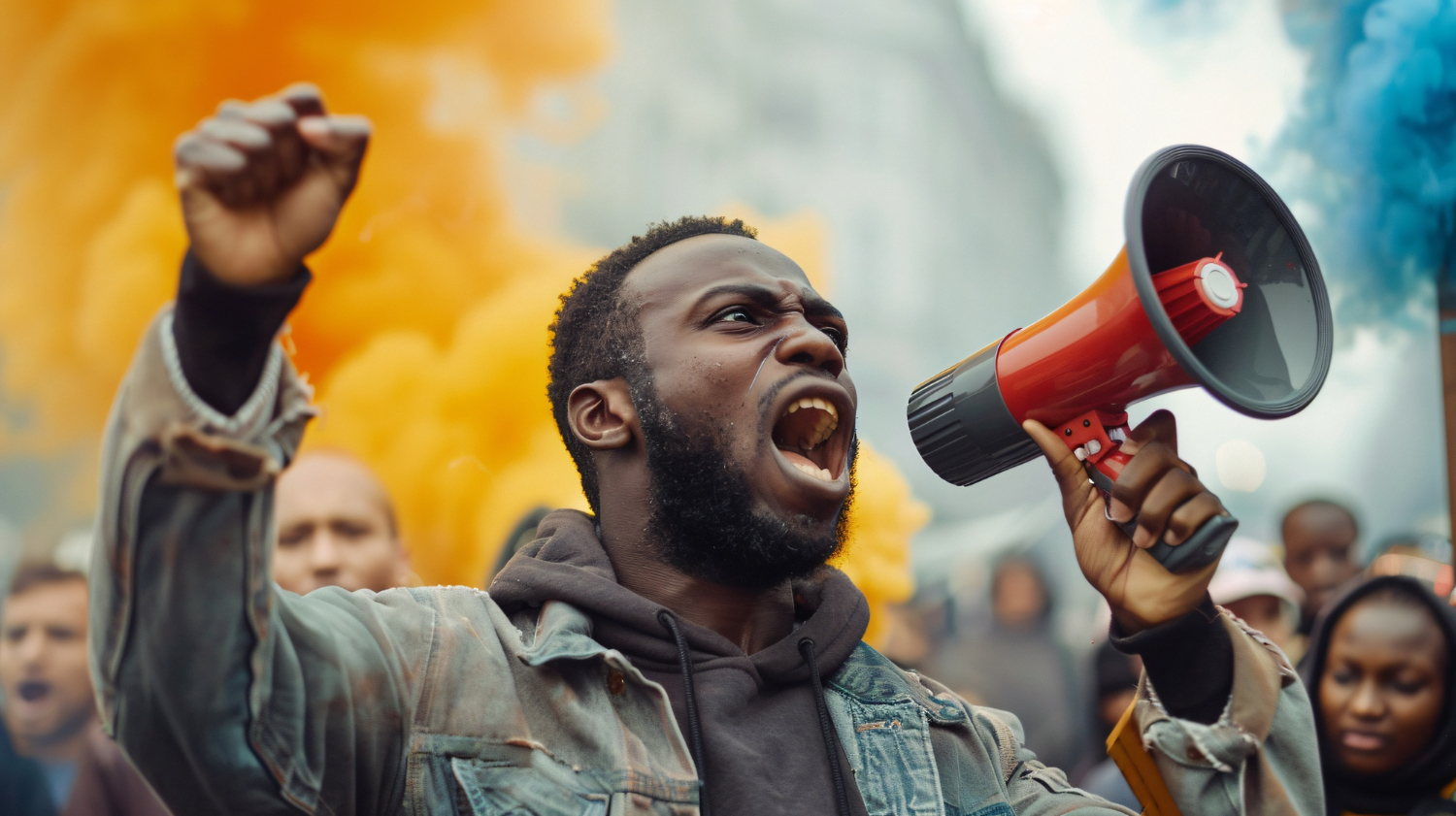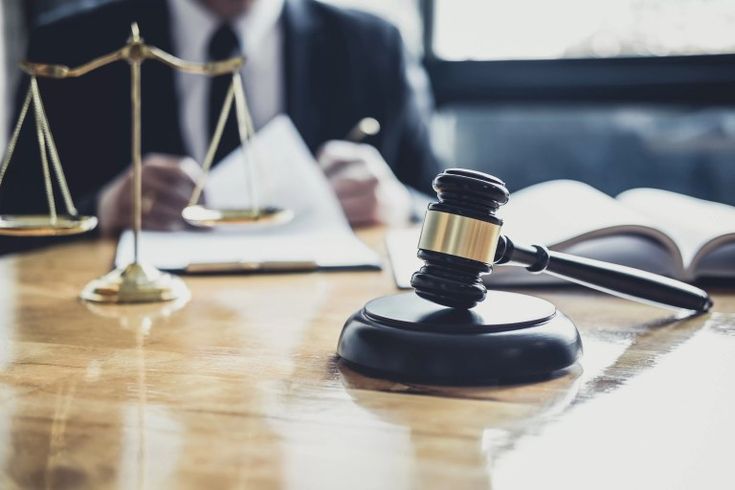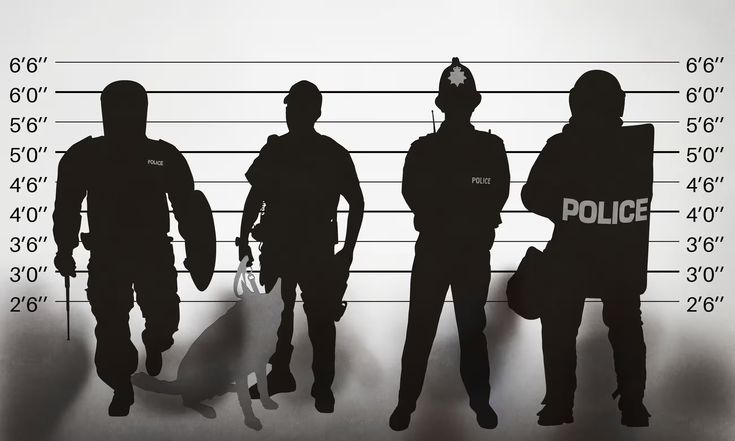By Christopher Omondi.
Democracy and Inclusion in my country Kenya has been difficult to achieve due to certain insecurities that include: Corruption, Tribalism and Hate Speech, Disengaging the Youth, Marginalization and Exclusion, Electoral Disputes, Insecurity in marginalized area, Gender-Based Violence, Weak Institutions, Limited Civic Education, Restricted media freedom among other issues that are affecting effective Inclusivity and Democracy in this Age.
Kenya’s Democracy and Inclusivity are undermined by the insecurities amidst constitutional frameworks and reforms that are meant to provide a foundation for progress. However, the effectiveness of the reforms depends on a few issues that I would like to highlight.
Genuine political will from Kenyans, as we have to be accountable for our leadership to ensure that the leaders we elect help in the provision of equality in the distribution of resources, as most leaders fail to live up to their promises to the electorate.
The Government of Kenya, on the other hand, should strengthen institutions in the country that play crucial roles to ensure Democracy and Inclusivity.
The Independent Electoral and Boundaries Commission (IEBC) a constitutionally mandated body that is responsible for overseeing a free, fair, and credible electoral process, as there have been cases of electoral injustices reported in the last general elections and as a result calls for reforms on the body in every election period.
The Commission on Administrative Justice (CAJ), also known as the Ombudsman, investigates complaints of abuse of power, unfair treatment, and corruption in public administration as most public officers in Kenya get involved in corrupt activities and most fail to account for the public resources they manage as a result of abuse of office.
The Kenya National Commission on Human Rights (KNCHR), which protects and promotes human rights, investigates violations and advises on policies for inclusivity, and by empowering this institution, the Government shows good political will to support an institution that fights for the citizens.
The National Gender Equality Commission that ensures gender equality, equity, and freedom from discrimination in public and private spaces, as there have been Constitutional reforms in the 2010 constitution that supported the two-thirds gender rule, and by strengthening the commission, It provides a foundation for more reforms. The
National Cohesion and Integration Commission promotes national unity and equitable distribution of resources, as well as fighting Hate Speech and electoral intimidation, and by strengthening this institution, great coexistence is met. The Media Council of Kenya, which promotes a crucial role in ensuring professional journalism by providing civic education and articulating on National Agendas. The Ethics and Anti-Corruption Commission is involved in investigating corrupt practices, and by strengthening the body, which has not worked effectively and independently, the country benefits from accountable leadership and transparency, thus public resources are put to use.
Use of Technology and Digital tools, mainly to enhance civic education and ensure accountability, the use of social media such as the X space, has revolutionized how youth engage on governance issues in Kenya.
Achieving Democracy and Inclusivity in Kenya today demands a collaborative approach involving the Youth Revolution (Gen Z), women’s leadership, and institutional reforms.






